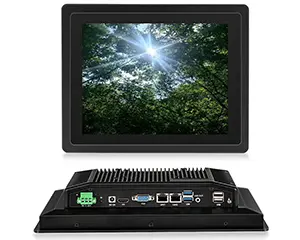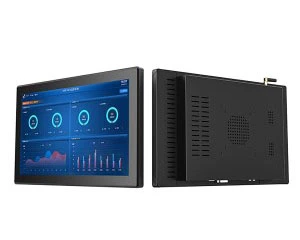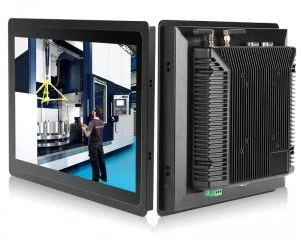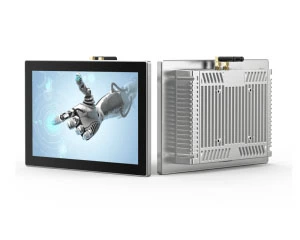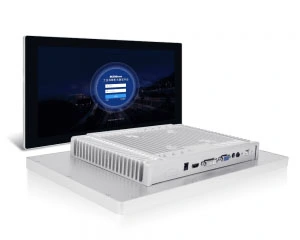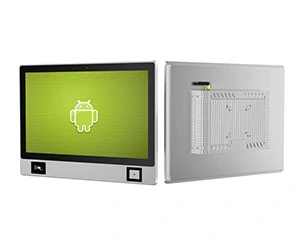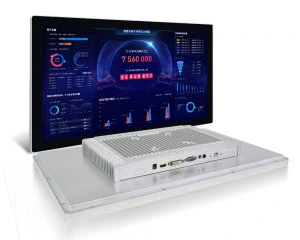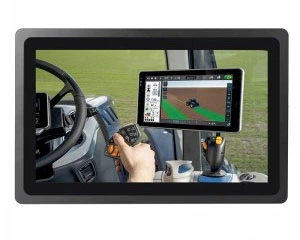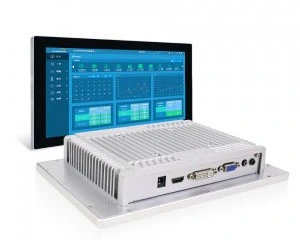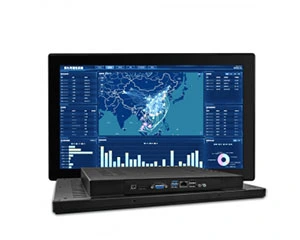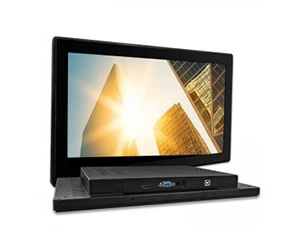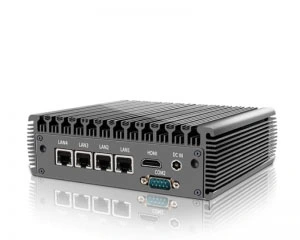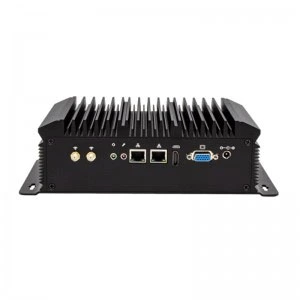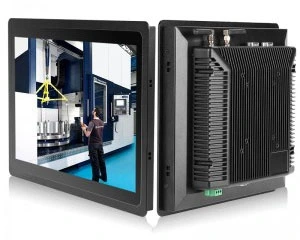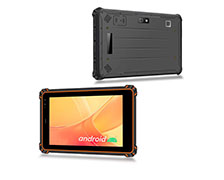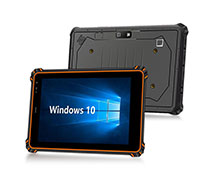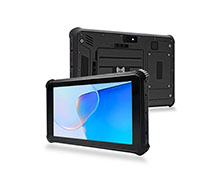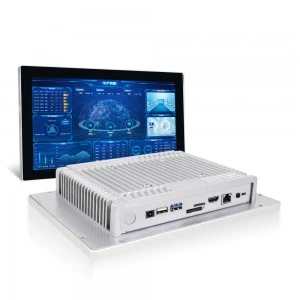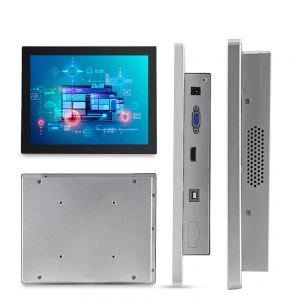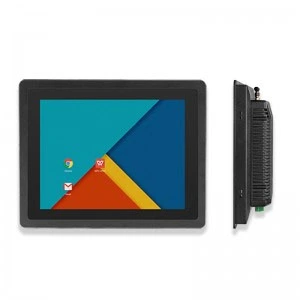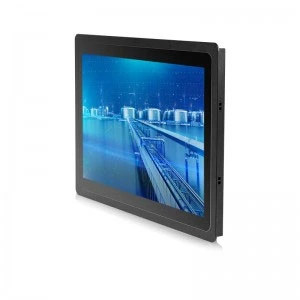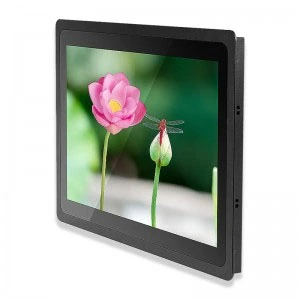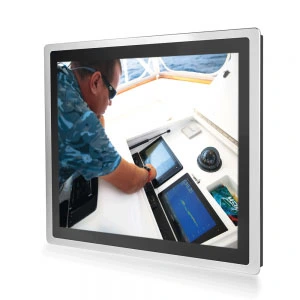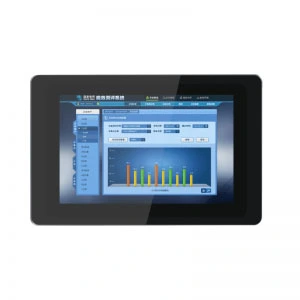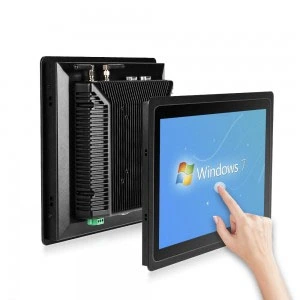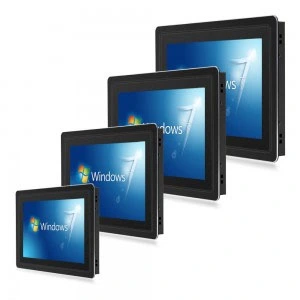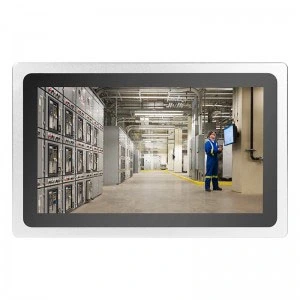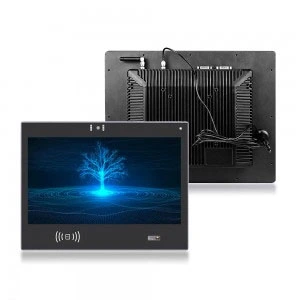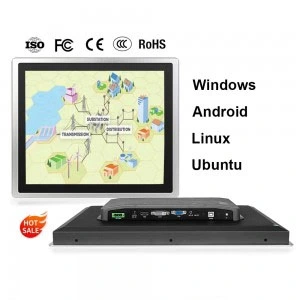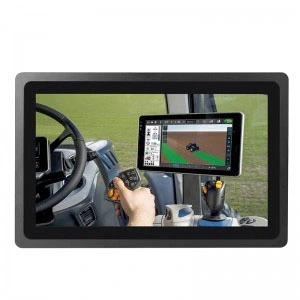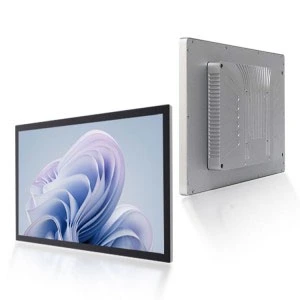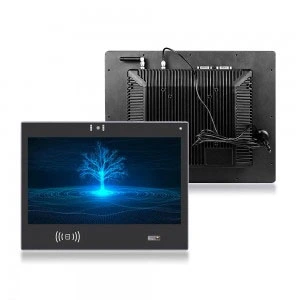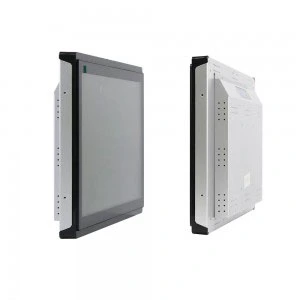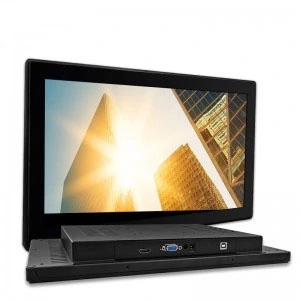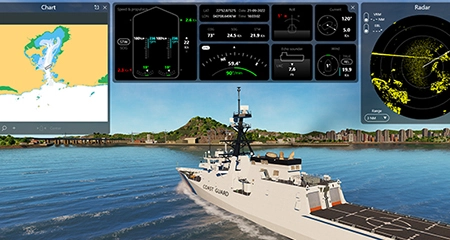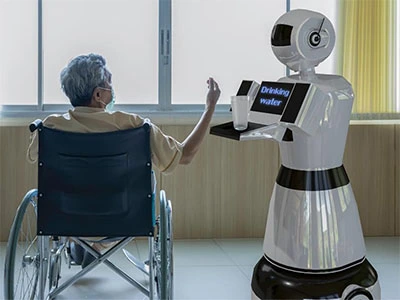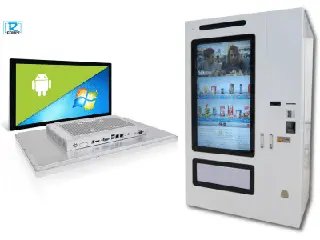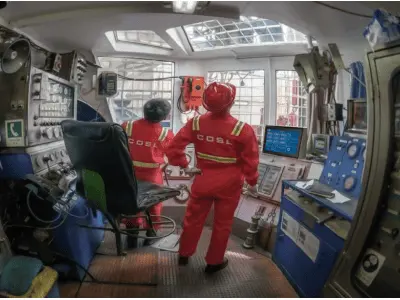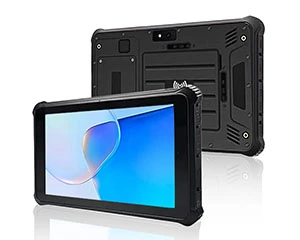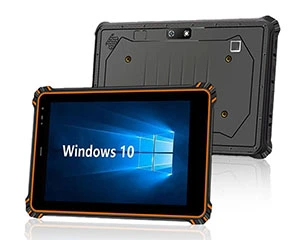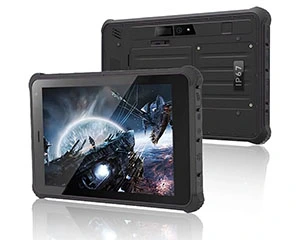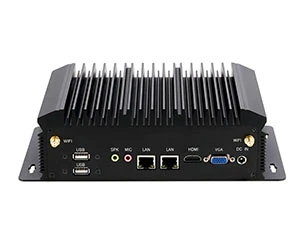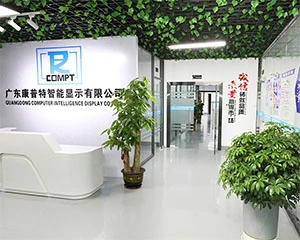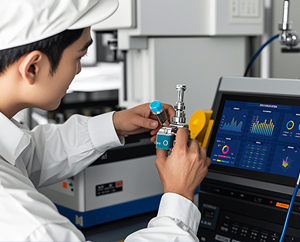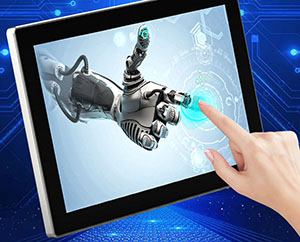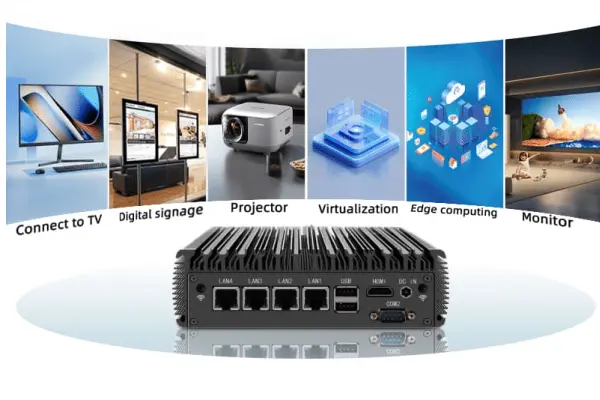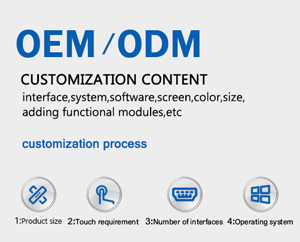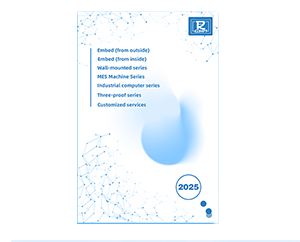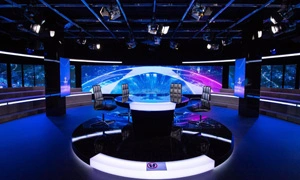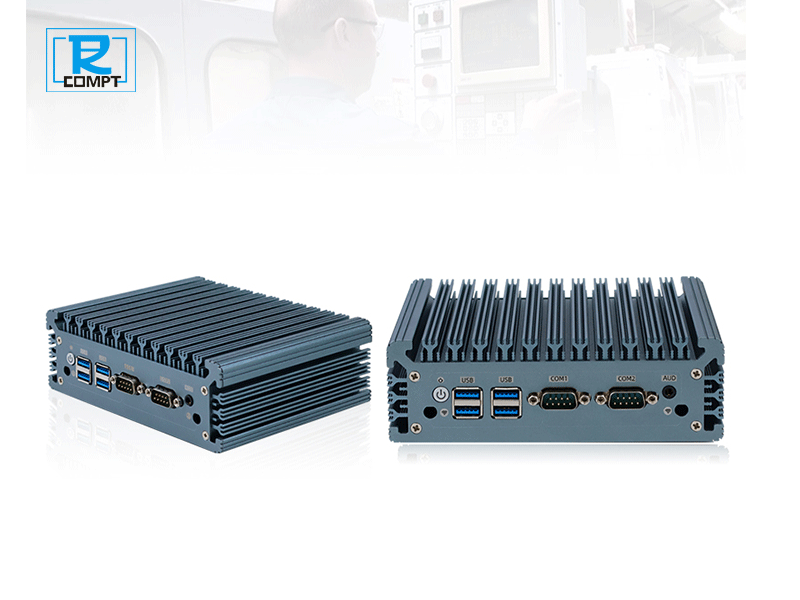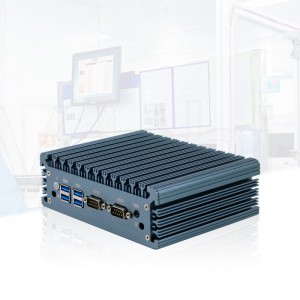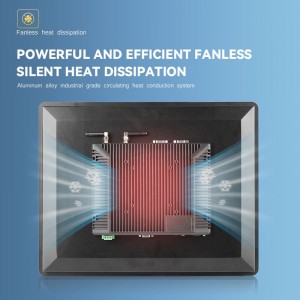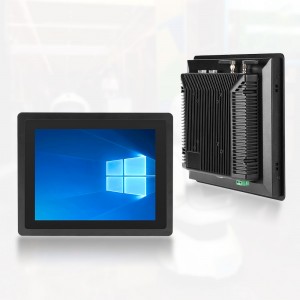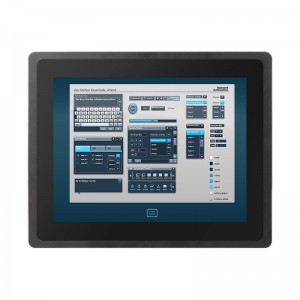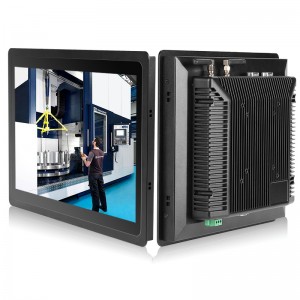When you are in an industrial environment and are ready to choose an industrial PC, you may be faced with many options and decisions. Because of the growing use of industrial PCs in industry, but the right choice for your needs takes time to think about.In the following article, COMPT looks at how to pick an industrial PC that’s both on-demand and affordable to meet your needs and improve efficiency, ensuring smooth production processes, accurate data and stable systems.
1. Define your needs
Before choosing an industrial PC, the first thing you need to do is to define your needs.
This includes understanding the application scenarios, working environment, and the required processor performance, memory capacity, storage type and capacity, I / O interface type and number. For example, if the application environment is relatively harsh, you need to choose industrial PCs with dust-proof, waterproof, shock-resistant, high and low temperature resistance, etc.; if you need to carry out large data processing or complex computing, you need to choose a powerful processor performance and high-capacity memory.
2, the reliability of industrial PC
In the industrial environment, the reliability and durability of the industrial PC for the stable operation of the production process is critical, the choice of industrial PC with high-quality components and stability of performance can reduce equipment failure and maintenance costs, improve efficiency. Therefore, when choosing, pay attention to the product’s MTBF (Mean Time Between Failures), heat dissipation design, protective measures and so on. Finally good processor type, memory capacity and storage options with enough performance to run your applications and software. Lastly the warranty policy and after sales service of the vendor is also an important aspect in assessing the reliability of the product.
3. Customisability/Expandability/Compatibility
Industrial PCs usually need to be connected to a variety of industrial equipment, sensors, actuators, etc., so compatibility is an important factor to consider when choosing. When selecting, make sure that the operating system of the industrial PC, like windows, android, linux, ubuntu, etc., drivers and interface protocols are compatible with the existing devices and systems, like COM port, HDMI, DC, VGA, Lan, DVI, Usb, etc., to minimise potential problems and failures.
As industrial technology continues to evolve, there may be a need to upgrade or expand the hardware configuration of industrial PCs in the future. Therefore, it is important to focus on the expandability and upgradability of the product when choosing. For example, an industrial PC with more expansion slots and upgrade options can be selected to add more hardware or expand functionality in the future.
4, cost-effective
When choosing an industrial PC, select the one that fits within your budget and make sure it can provide the performance you need. High-performance industrial PCs can provide more processing power and more stable operating performance; on the other hand, high performance also means higher cost. Consider not only the initial purchase cost, but also its long-term investment value and maintenance costs. Choose the product with the best price/performance ratio.
5, consider after-sales service and technical support
Good after-sales service and technical support is an important guarantee to ensure the stable operation of industrial PC. When choosing, it is important to understand the supplier’s service policy, technical support capabilities and response speed, etc., to ensure that problems can be resolved in a timely and effective manner.
In summary, choosing a suitable industrial PC requires comprehensive consideration from multiple dimensions. By defining your needs, focusing on reliability, considering compatibility, weighing performance and cost, focusing on expandability and upgradeability, and considering after-sales service and technical support, you can pick an industrial PC that meets your needs and is affordable.
COMPT was founded in 2014, engaged in industrial PC research and development and production, after 10 years of technical precipitation, to provide customers around the world with industrial-grade computer products and comprehensive solutions in the field of industrial control and Internet of Things. It has formed a system of industrial intelligent products, mainly industrial tablet PCs, industrial all-in-one PCs, touch industrial monitors, industrial Android all-in-one PCs, industrial controllers, etc., and has been widely used in the global smart manufacturing, smart cities, smart healthcare, artificial intelligence and other emerging technology fields.
- fanless industrial panel pc
- what is ip65 rating?
- waterproof monitor for boat
- 10 inch industrial panel pc
- industrial panel pc odm
- Industrial Pc Manufacturers

Penny
Web Content Writer
4 years of experience
This article is edited by Penny, the website content writer of COMPT, who has 4 years working experience in the industrial PCs industry and often discusses with colleagues in R&D, marketing and production departments about the professional knowledge and application of industrial controllers, and has a deep understanding of the industry and products.
Please feel free to contact me to discuss more about industrial controllers. sales@gdcompt.com

